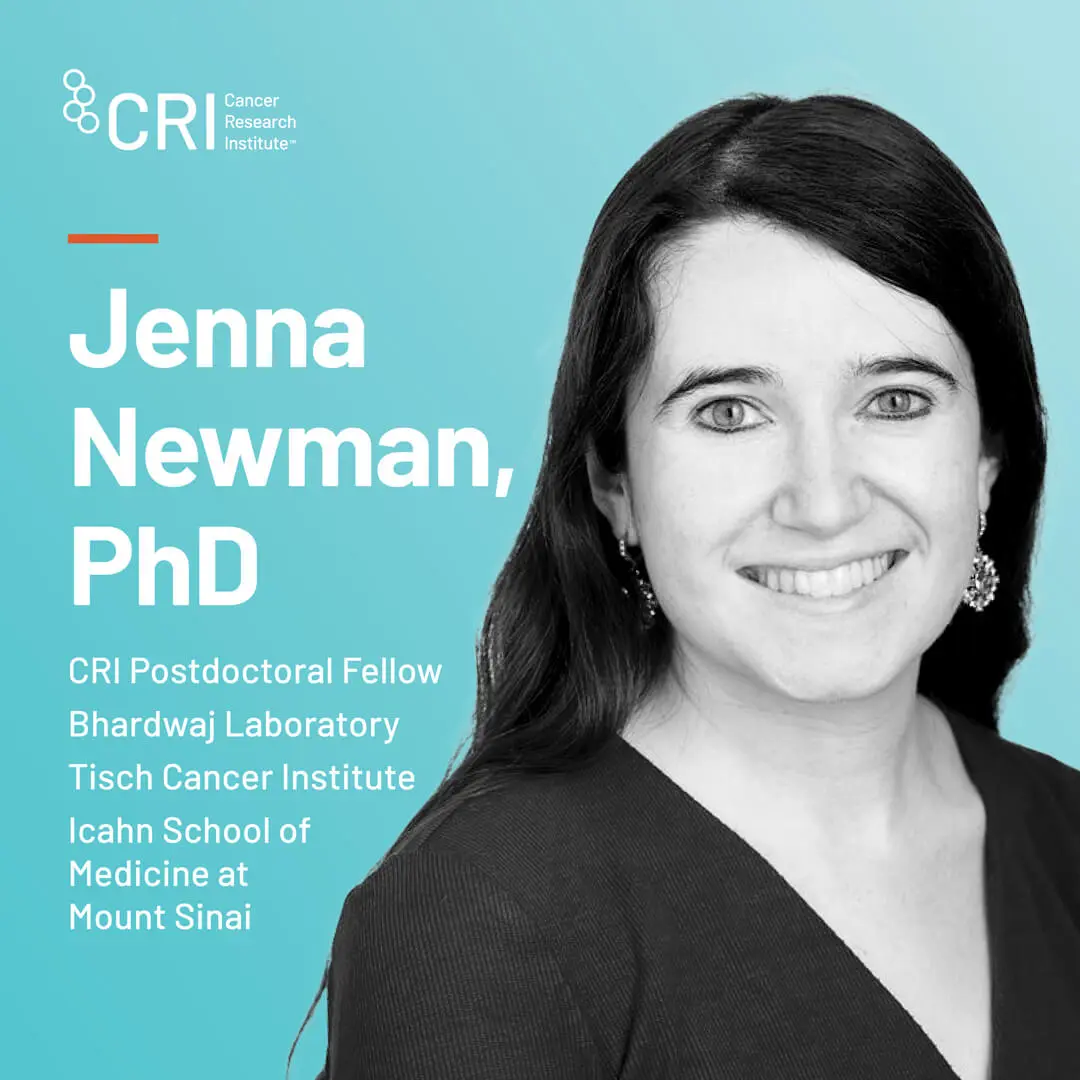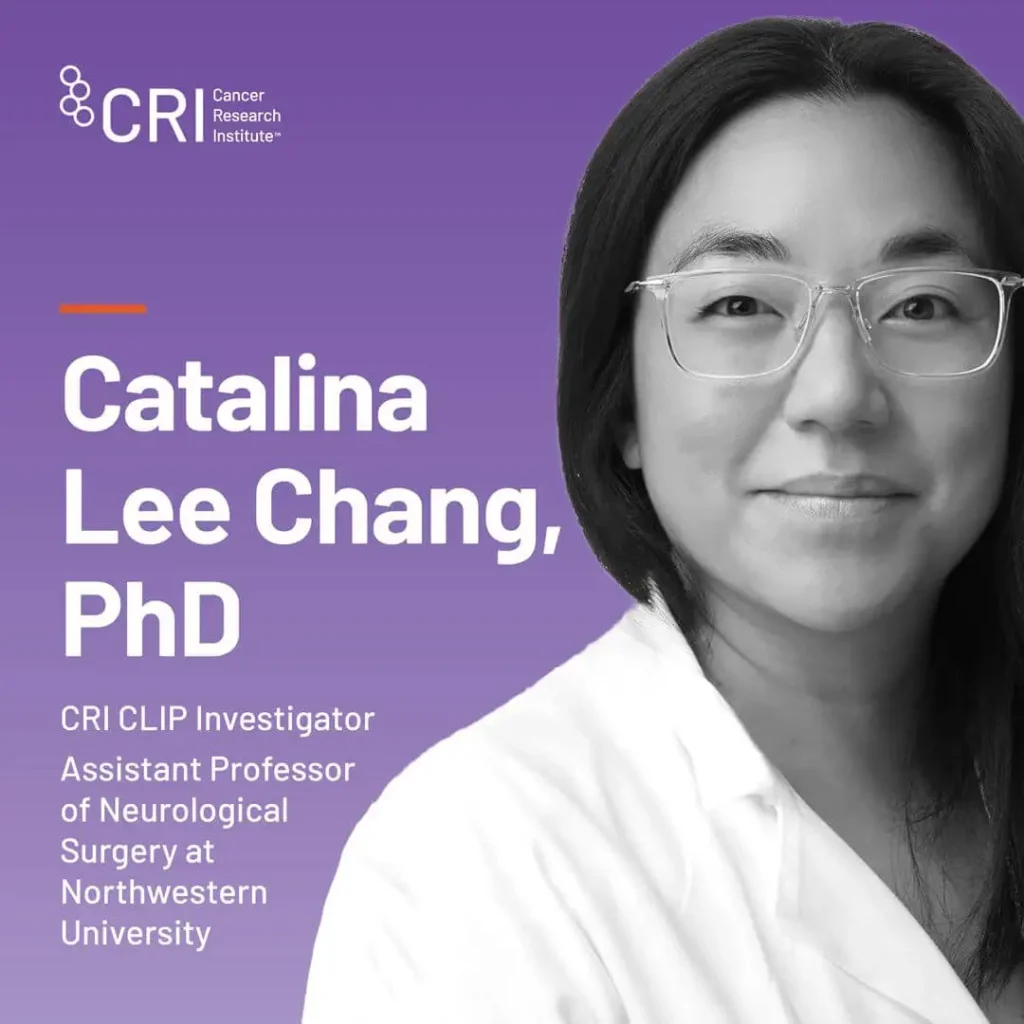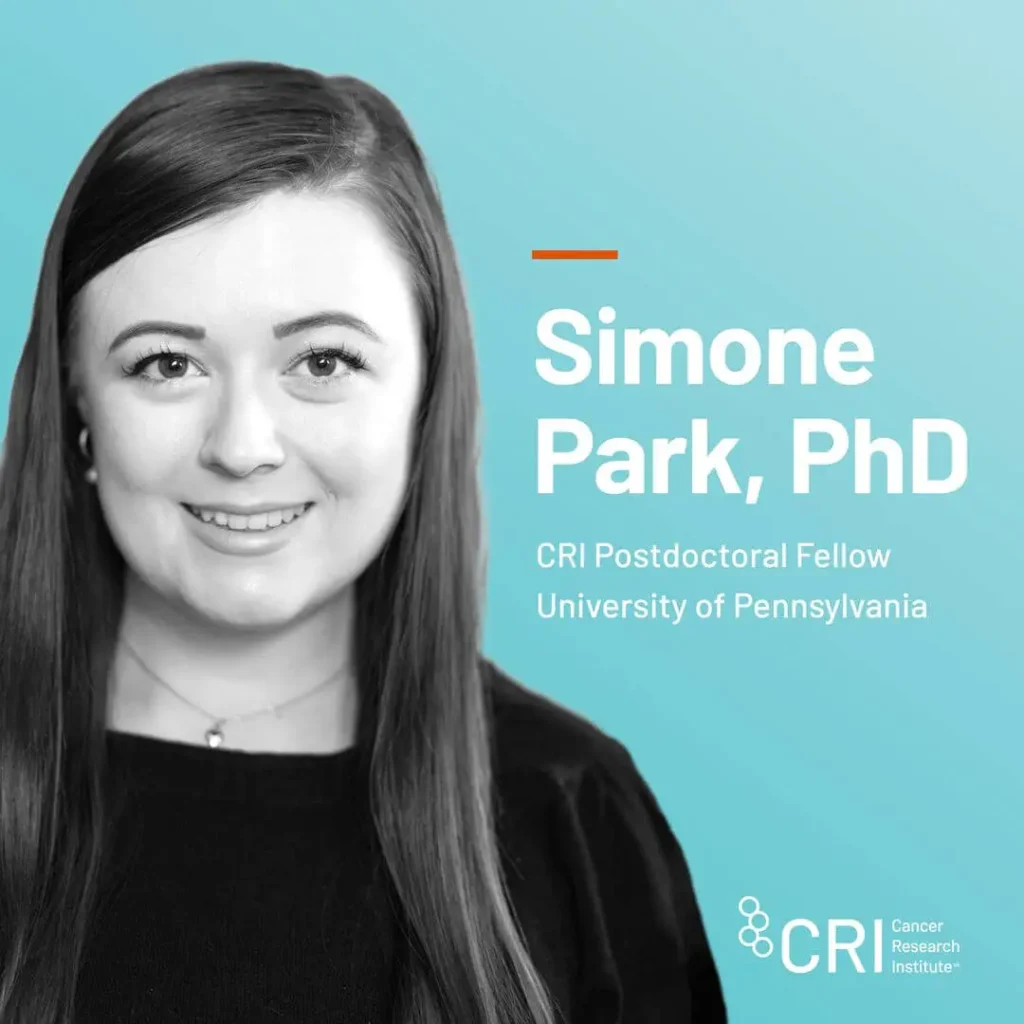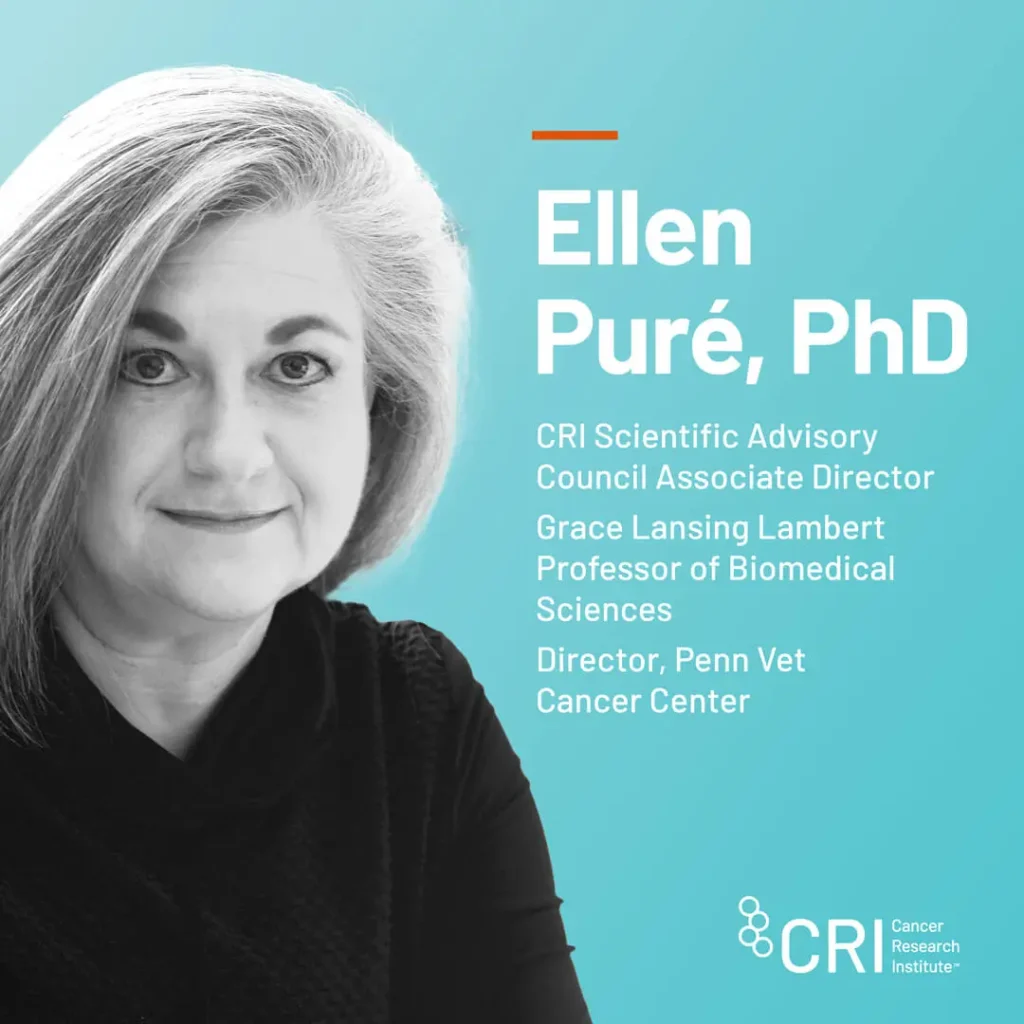Why did you pursue a career in science?
I pursued a career in science, specifically cancer research, because I realized that I wanted to be working on a frontier. Science is the refusal to be complacent with the state of current knowledge; it is about constantly adding more to our collective knowledge and updating or creating new treatment paradigms where we can, in response.
What are you most proud of in your career?
I am most proud of my PhD work, in which I determined that FDA-approved seasonal influenza vaccines administered intratumorally significantly slow growth of mouse melanoma and sensitize tumors to immune checkpoint blockade. I am excited that clinicians have begun phase 1/2 trials testing this therapy and there is early evidence that, like we observed in mice, this therapy increases cytotoxic (CD8+) T cells and PD-L1 expression in human tumors. I am equally proud of my ongoing postdoctoral studies, which center on systematically dissecting factors impacting T cell immunity in a new neoantigen-reactive T cell model we have developed (this research is generously supported by the Cancer Research Institute Lloyd J Old Memorial Postdoctoral Fellowship).
Who is a woman/mentor you admire?
My current mentor, CRI Scientific Advisory Council Associate Director Dr. Nina Bhardwaj, is a great role model in cancer immunology; she is one of the pioneers of this field. I admire her especially because she has achieved so much despite the (once prevailing) bias against women, and has never faltered in her commitment to persevere. I also appreciate that she is very supportive of trainees and has a superhuman sense of calm; she embodies “keep calm and carry on” and I think that is a great way to focus and move science forward.
What advice do you have for women who are entering the field of science?
My advice for women entering the field is to convert any adversity you encounter into strength; as hard as it may seem, this can be a motivator to keep driving your science forward and will make you a stronger individual as a whole.




